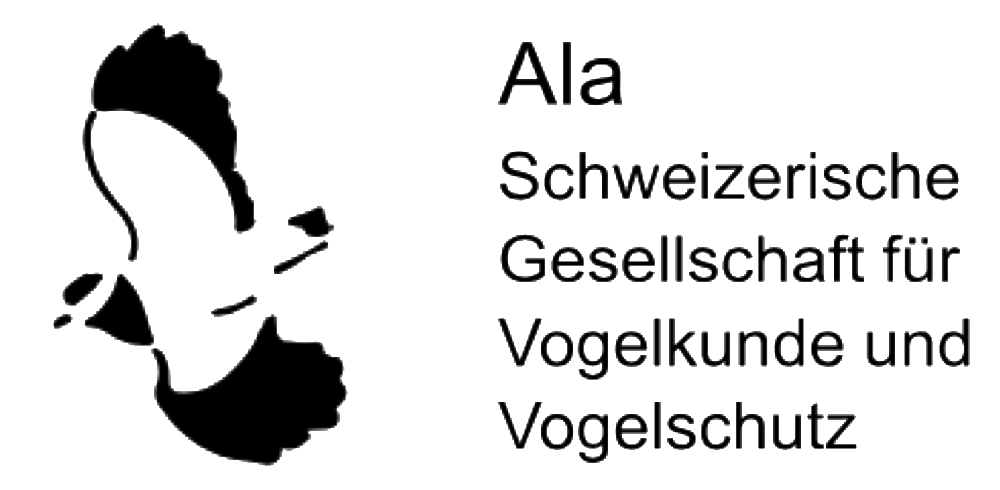Artikel-Suche
einfache Suche | erweiterte Suche
Autor(en)
Mohamed Ibrahim Habib
Titel
Status der Brutvögel auf Inseln im Roten Meer, Ägypten, 2012–2021.
Jahr
2022
Band
119
Seiten
308–317
Key words
(von 1994 bis 2006 vergeben)
(von 1994 bis 2006 vergeben)
Schlagwort_Inhalt
Seevögel, Brutbestand, Nester, Bestandserfassung, Kolonien, Bruterfolg, Bedrohungen, Störungen
Schlagwort_Vogelart
(wissenschaftlich)
(wissenschaftlich)
Sula leucogaster, Larus hemprichii, Larus leucophthalmus, Hydroprogne caspia, Sterna repressa, Thalasseus bengalensis, Thalasseus bergii, Onychoprion anaethetus, Sternula saundersi
Schlagwort_Vogelart
(deutsch)
(deutsch)
Weissbauchtölpel, Hemprichmöwe, Weissaugenmöwe, Raubseeschwalbe, Weisswangenseeschwalbe, Rüppellseeschwalbe, Eilseeschwalbe, Zügelseeschwalbe, Orientseeschwalbe
Schlagwort_Geogr.
Rotes Meer, Ägypten
Sprache
englisch
Artikeltyp
Abhandlung
Abstract
Status of breeding birds on the Red Sea Islands of Egypt, 2012 to 2021. – The northern Egyptian Red Sea supports a number of bird species either rare or not found elsewhere in the Western Palearctic and is thus considered an area of ornithological importance. I present the results of a survey of the northern Red Sea Islands up to Rocky Island southeast of the Egyptian border between 2012 and 2021. The aim was to assess the status of breeding seabirds in the Egyptian Red Sea, to highlight threats and to identify conservation management options. Species observed were Brown Booby Sula leucogaster, Eurasian Spoonbill Platalea leucorodia, Sooty Gull Larus hemprichii, White-eyed Gull L. leucophthalmus, Caspian Tern Hydroprogne caspia, White-cheeked Tern Sterna repressa, Lesser Crested Tern Thalasseus bengalensis, Greater Crested Tern T. bergii, Bridled Tern Onychoprion anaethetus, and Saunders’s Tern Sternula saundersi. Freedom from human disturbance and good food availability are probably the most important factors influencing the distribution of breeding seabirds in the Egyptian Red Sea. Most species were breeding in spring or summer, but two bred in winter. Summer is a particularly stressful period for nesting birds due to the extreme temperatures. Threats to seabirds include oil spills from rigs, and bilge water contaminated from vessels. Also, tourists and fishermen landing on islands cause birds to desert nests. To protect nesting birds, tourists and fishermen should be prohibited from landing on islands during the breeding season.
PDF Dokument (öffentlich)
PDF Dokument (registrierte Mitglieder)












